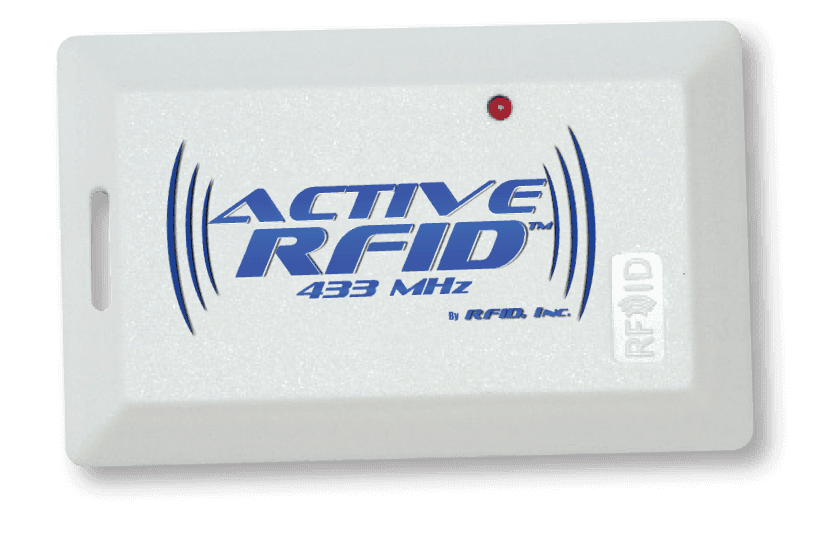

Jim Rood, a Baltimore-City-detective-turned-private-investigator, is on a mission to enlighten law enforcement about the issue and crack down on criminals. Illegal recyclers were operating out of 28 sites where stolen goods were stored and then ground into pellets for resale. In 2013, a Los Angeles County Sheriff’s task force recovered stolen plastics with a value of more than $7 million. Over the past decade, illegal recycling operations similar to the one in Houston have been busted in Philadelphia, Atlanta, Dallas, Detroit, Fairfield, N.J., and suburban Washington, D.C. One viewer commented: “Hey, he is accused of recycling.
GPS RFID TAGS TV
Local TV affiliate KHOU, reported that police uncovered thousands of pallets, trays and other plastics and a $40,000 shredder shipped from China to process it all into pellets for export.Ĭomments left by viewers on the KHOU website show how low on the radar this crime pings with the general population. Assets from more than dozen companies valued in the millions of dollars were found.
GPS RFID TAGS FULL
Houston police recently busted a major theft ring with a warehouse full of stolen plastics ready to ship to overseas. At that point, the cycle starts all over again as bakeries, bottling companies and dairies are forced to replace their stolen assets. Recyclers turn around and shred the plastic into pellets and then sell it for export at 30 to 50 cents a pound. Bad actors can earn anywhere from 10 to 12 cents a pound from illegal recyclers for stolen containers. And it’s growing nationwide as the value of petroleum-derived plastic increases along with the price of oil and natural gas.Ĭrooks target warehouses, retail stores, restaurants, bakeries and other locations where plastics are left outside and unattended. The theft of reusable plastics is big business with organization and an infrastructure that allows thieves to swipe, process and resell large quantities of plastics. While it may seem at first glance to be a relatively minor offense, this isn’t penny-ante crime. Losses trickle down the supply chain, from manufacturer to retailer and eventually to the consumer. Yes, you read that right: half a billion dollars. There’s something far more nefarious afoot: A new breed of criminal is heisting them off loading docks and from back alleys and then selling them to underground recycling networks.Īlong with milk crates, plastic pallets, bakery trays, beverage shells and other containers made from high density polyethylene (HDPE) and polypropylene are disappearing at a rate that is costing retailers and CPG companies an estimated $500 million per year. So the planet suffers a hit, too.īut it’s not crafters, college kids and organic farmers contributing to the majority of these losses. The environmental impact nets out to the equivalent of 1.34 billion plastic water bottles. Each replacement costs about $4 and milks the dairy industry of an estimated $80 to $100 million annually. Some “green” farmers use them as nesting boxes for chickens.Ĭreativity and good intentions aside, repurposing stolen milk crates isn’t green and the dairy industry loses an estimated 20 million per year. Pinterest posters tout their versatility via social media. Reducing loss of reusable packaging: An industry call to action.


 0 kommentar(er)
0 kommentar(er)
